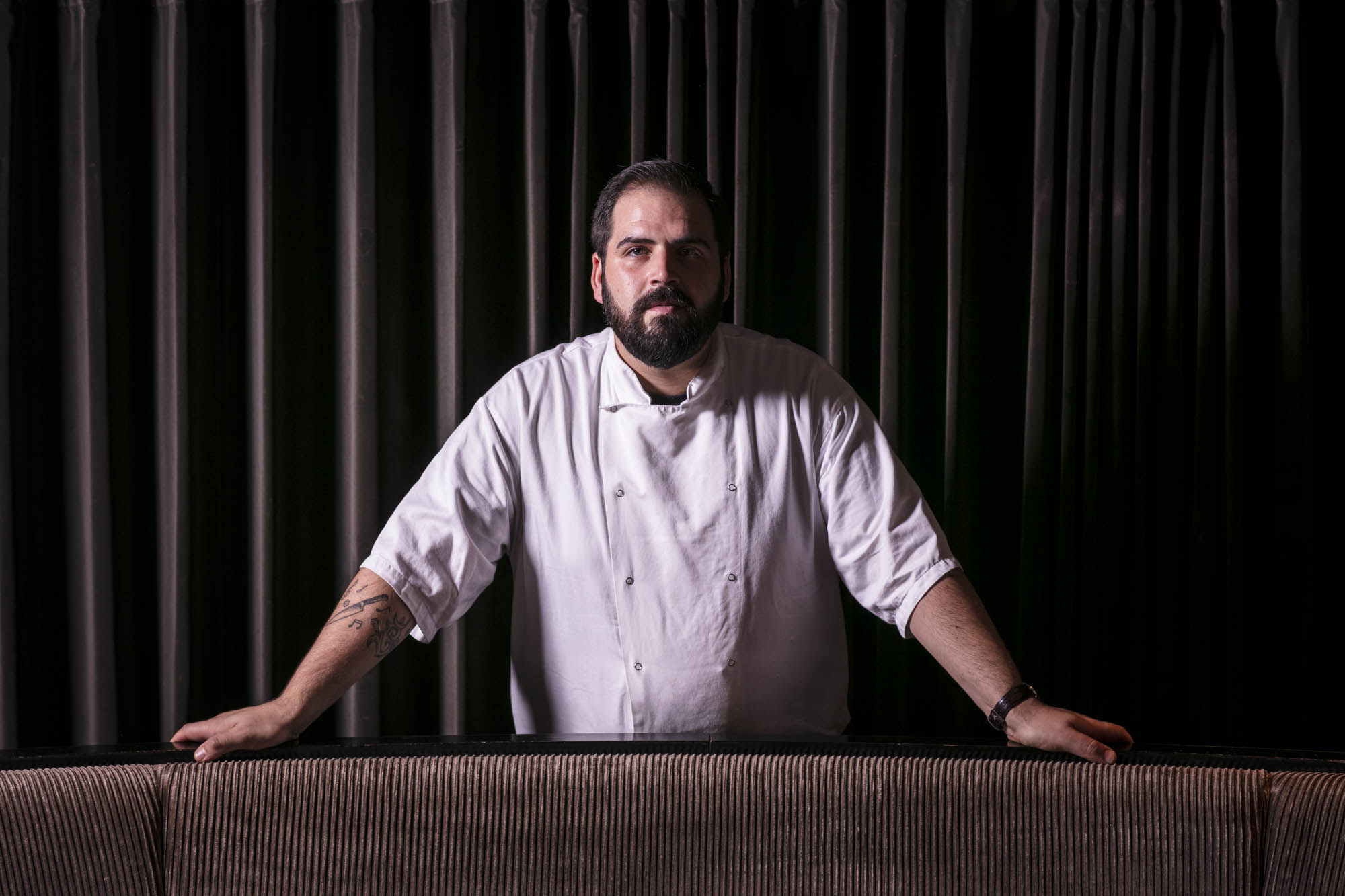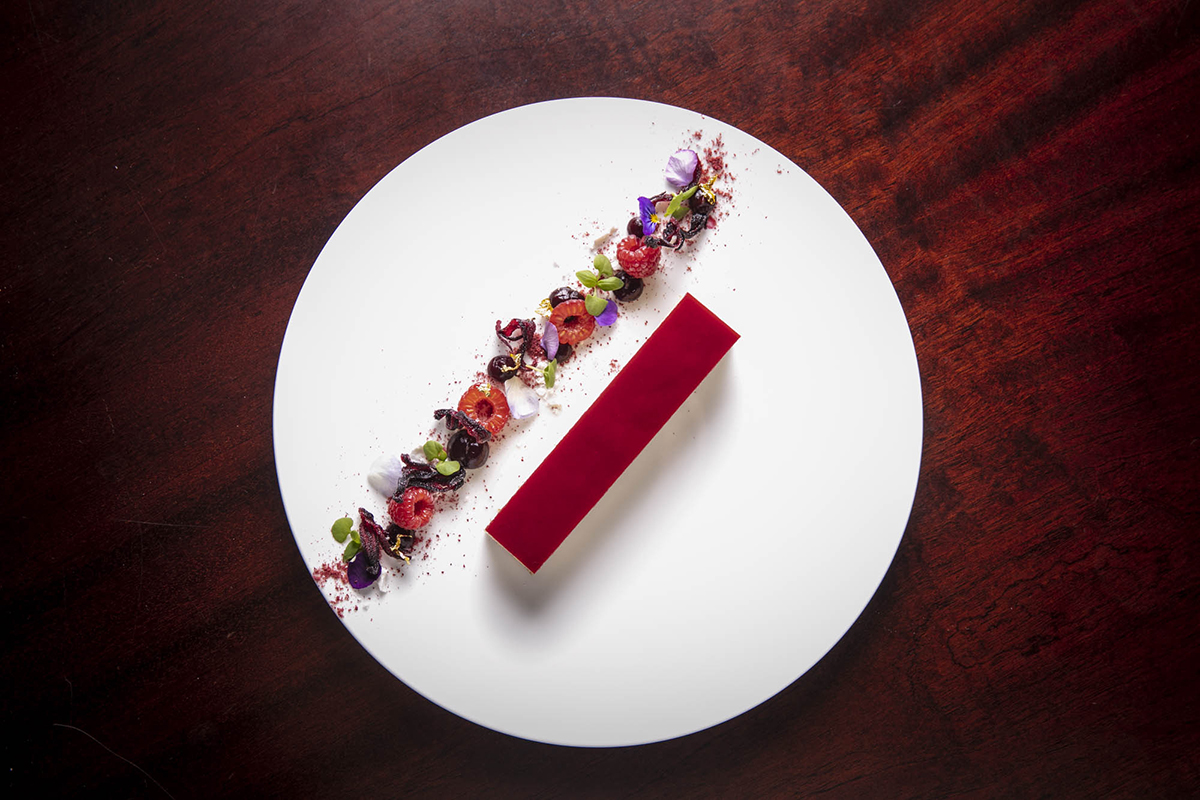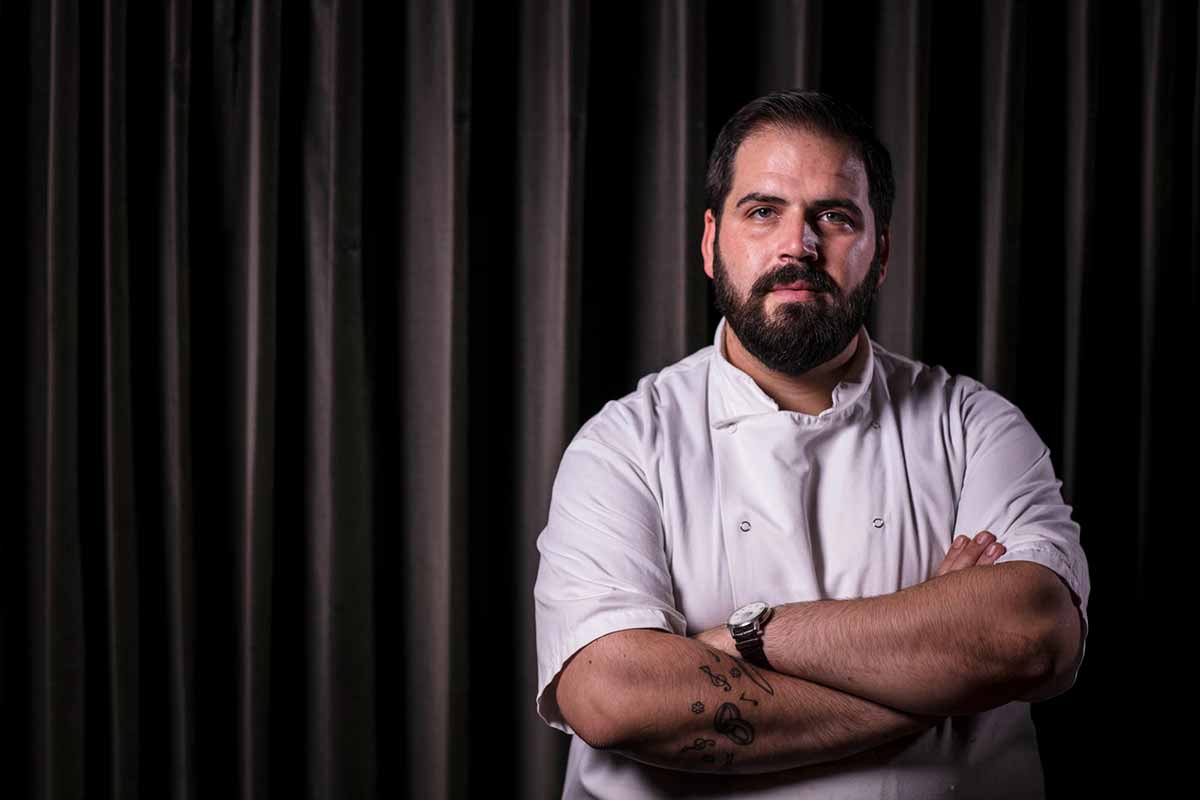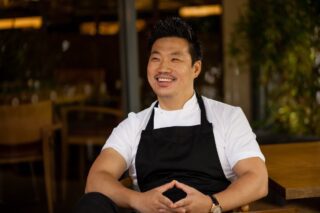This website uses cookies so that we can provide you with the best user experience possible. Cookie information is stored in your browser and performs functions such as recognising you when you return to our website and helping our team to understand which sections of the website you find most interesting and useful.
Column: Quaglino’s executive head chef Nuno Gonçalves on why restaurants must embrace the rise of veganism
By Michelle Johnson | 16 October 2018 | Food & Drink
The Queen’s favourite restaurant has launched a largely vegan-friendly menu as it appoints its new executive head chef

Nuno Gonçalves is executive head chef of Mayfair restaurant Quaglino's – famed for being one of the Queen's favourite London restaurants. Gonçalves previously worked in the kitchens of Michelin-starred The Waterside Inn and Galvin at Windows, and has worked under chefs such as Chris and Jeff Galvin, Albert Roux and Gary Rhodes. Here, the acclaimed chef tells Tempus why he is looking to bring vegan and vegetarian dishes to critical consideration with his bold and bountiful new menu…
"As society becomes more aware and health conscious, an increased amount of people are deciding to remove animal products and by-products from their diets. Veganism is becoming more mainstream with people's perception changing to see it as something positive and healthy rather than just 'rabbit food'. Vegan-friendly food is also readily available and very accessible, making it easier for consumers to buy in to the trend.
The way I see it is, if you truly want to provide the best possible customer service, you need to start by listening to your guests and understanding their needs. An increased demand in vegan-friendly menus should be embraced by chefs and met with creativity. We work in a very competitive market, and so understanding current trends is crucial. I would say that if hospitality is to evolve it needs to embrace it and provide options for everyone.
At Quaglino's, our customers expect to be offered a fully balanced menu, based on seasonality – which is thought through in terms of nutritional value, sustainability and animal welfare – while being creative and still providing an element of luxury and fine dining. Customers expect to be catered to, and that means offering something on the menu for everyone – whether that is vegan and vegetarian dishes, gluten-free options or meat and seafood dishes.
From next month we will be embracing people’s choices, and will increase the vegan and vegetarian food on the menu – because that is the current trend and the demand from our customers. Although, I believe it will cease to be a trend and will likely become a staple diet within our society. >>

I don’t think it's difficult to make vegan dishes appeal to our non-vegetarian guests. I really think that with the right thought process, you can create equally appealing and flavoursome vegan dishes. I actually really love cooking vegan and vegetarian dishes – you can be really innovative and creating things out of fresh produce can be really satisfying. As the demand increases, more and more inventive recipes and products are coming to the market place giving vegan dishes a higher standard than ever before.
To be honest, the biggest challenge is really getting rid of the taboo of vegan food for chefs, and get them to explore their creativity of this food trend. The tolerance and attitude to veganism has significantly changed, but not everyone is open minded towards it. However, I think this is just a matter of time. Traditional chefs will struggle with this, but to keep up with competitors they need to be pushed out of their comfort-zone and create varied and flavoursome options to keep up with the ever-growing vegan population.
We all know the disastrous effects of intense animal farming on the environment and climate. Even though I am not a vegan myself, I agree that it is a more sustainable way of living. The amount of damage that we are doing to our planet is enormous and certainly becoming vegan can really reduce your impact on the Earth.
I believe veganism will continue to grow, and that the industry will adapt and slowly but surely improve their offering. It is the only way to stay competitive in a tough market. Vegetable wastage is also a big problem in the UK and I think the industry has started to shed light on this and tackle the issue – there is quite a bit of media around this but still not enough. I am from Portugal, where everything is about the ingredient – not everything is covered in plastic, vegetables are not standardised to size or weight – an apple is an apple, whether it is a bit wonky or not. The industry is starting to use wonky vegetables and to sell products without the plastic, I think this will continue to increase over time."








